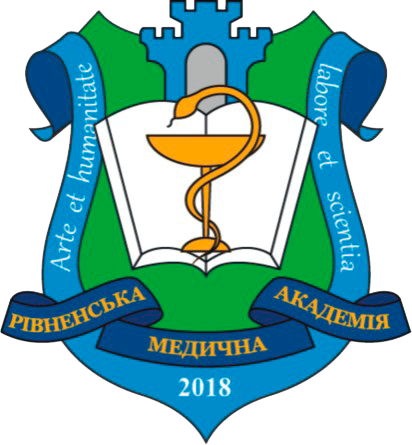ASPECTS OF THE DEVELOPMENT OF CREATIVE THINKING OF THE FUTURE PHARMACIST FOR FOREIGN LANGUAGE CLASSES
DOI:
https://doi.org/10.32782/health-2023.4.44Keywords:
creativity, creative thinking, foreign language communicative activity, pharmaceutical education, future medical workerAbstract
The article deals with the development of creative thinking of the future pharmacist in modern educational conditions. The concept of the individual as a subject of the transformation of society, nature and oneself and creativity as a specific form of human activity is highlighted, the features inherent in the creative individual, as well as the conditions and factors that insure its formation and development in the learning process, are explored. The theoretical and practical aspects of the formation of creative thinking of future pharmacists are revealed. Based on the analysis of scientific works the essence of the concept of “creativity” is considered, which is defined as a set of abilities, knowledge, skills, attitudes, values and communicative experience of an individual, necessary for understanding others and producing one’s own programs of speech behavior, goals, spheres, situations of communication. It has been established that creative thinking is one of the components of the professional culture of a medical specialist. In the process of conducting a scientific study, it was found that when choosing an educational technology for studying the discipline “Foreign language” by students of higher pharmaceutical education, it is necessary to ensure its compliance with organizational, content, social, psychological and humanistic conditions. It is emphasized that the solution of social and psychological problems deserves special attention, namely: personality development in group educational interaction, research on the influence of educational processes on the success of education, the formation of foreign language communicative skills, which involves the organization of pedagogical subject interaction with a high degree of intensity of foreign language communication; orientation to interpersonal communication and influence on the psychological and social structure of the personality of the future pharmacist; focus on the creative nature of educational activities, development of critical thinking of future specialists of higher pharmaceutical education; availability of motivational readiness for professional interaction; development of personal reflection and self-control; orientation of types of educational activities to real situations and connection with modern events; creating conditions for communicative environment, which in general has a positive effect on the results of creative training and significantly increases the level of foreign language communicative competence of future specialists of the pharmaceutical industry. It was determined that educational, grammatical and practical methods, communicative and developmental technologies increase the effectiveness of learning a foreign language; person-oriented learning of foreign languages provides the necessary conditions for the activation of cognitive and speech activity of the future specialist of higher pharmaceutical education, which gives an opportunity to understand new language material and practice for the formation of necessary foreign language communication.
References
Вітвицька С.С. Розвиток творчого мислення майбутніх магістрів освіти як умова їх творчої самореалізації. Андрагогічний вісник. 2014. Вип. 5. С. 88–96.
Волошина О.В. Використання методу мозкового штурму у викладанні іноземної мови. Інноваційна педагогіка. 2021. Вип. 38. C. 28–33.
Дудкевич Т.В. Психологія творчості : навчальний посібник / упоряд. Т.В. Дуткевич. Кам'янець Подільський : Медобори, 2003. 134 с.
Здібності, творчість, обдарованість: теорія, методика, результати досліджень / за ред. В.О. Моляко, О.Л. Музики. Житомир : Рута, 2006. 320 с.
Карпенко Н.А. Психологія творчості. Львів : ЛьвДУВС, 2016. 156 с.
Рибалка В.Р. Психологія розвитку творчої особистості : навчальний посібник. Київ : І3МН, 1996. 236 с.
Fragoulis, I. Project-Based Learning in the Teaching of English as a Foreign Language in Greec. Primary Schools: From Theory to Practice. English Language Teaching. 2009. Vol. 2(3). P. 113–119.





